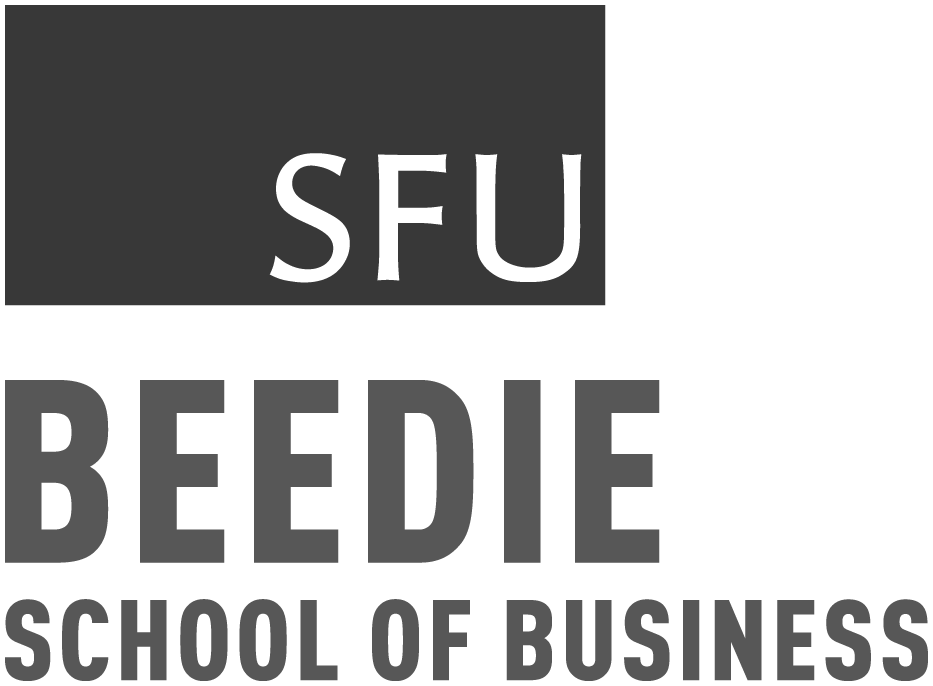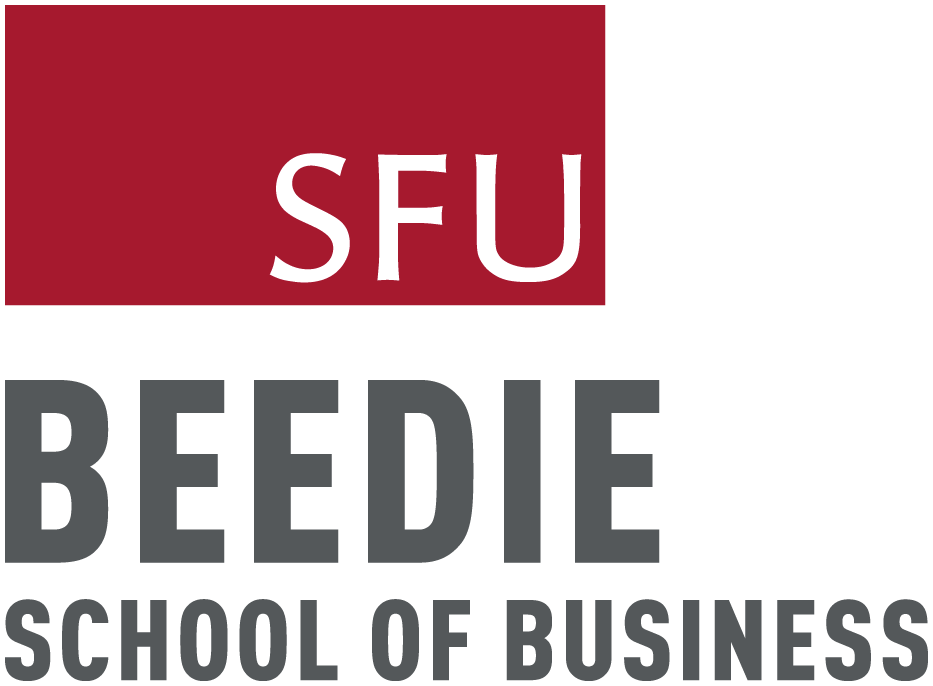Originally appeared on the IABC Calgary chapter blog

A reality of being a communications professional is that we receive a lot of feedback. For example, your latest media release may have five iterations, a technical infographic you helped create could require twice as many changes, and who knows how many edits you might make before that video hits YouTube.
Writing and communicating across any medium is personal. Even hidden behind an organization’s voice, it’s still your ideas and sentences forming a daily masterpiece. Lump this together with the high-profile nature of our work and project deadlines, and you can have a nice cocktail to feel defensive when your Word document becomes a rainbow of tracked changes.
Some may say, “Grow a thick skin, suck it up, and get on with it.” To some extent I agree, however it’s healthier to balance self-assuredness while keeping your ideas and writing open to reflection. You don’t want to be so tough people think their feedback isn’t welcome, or so vulnerable people consistently walk all over your work. It can be challenging not to take feedback personally, especially when you (and/or your team) put a lot of time and effort into something. Remember – feedback on your work is not feedback on you as a human being.
Meeting the different expectations of submitters, approvers, and the end audience requires awareness and, more so, an understanding of all those different needs. Seasoned practitioners often do this without blinking an eye, whereas newcomers to the field may feel pushed and pulled in different directions.
This is when the communications objective becomes your best friend. Especially when feedback is conflicting we shouldn’t be afraid to remind ourselves, and everyone involved, about the reason we’re doing the work. As you receive feedback, ask yourself why the comment is made, justify it against the objective for the target audience and add your experience as a communicator.
As your career progresses or your knowledge of a subject or an organization deepens, you naturally become more attuned to what feedback must absolutely be acted upon, what can be taken on board for next time, and what you can push back on or ignore. This is part of building your resilience.
On the other side of the fence, our role often requires us to refine, edit, cull, or sometimes butcher the work of other communicators. To help with this process, place yourself in the shoes of the submitter to the weekly internal news, the scientist who penned a blog, or the director who wrote their website profile. Offer friendly explanations of plain language, key messages, audiences, and remember your new best friend—the objective.
Feedback must also be treated with respect. Whether you agree with it or not, someone has taken the time to provide input and this may challenge you to think in new ways or pick up pesky mistakes that slip through the cracks.
Communicators should also feel confident to explain if feedback processes are onerous or introduce risks—like bordering on every deadline due to internal process. We can facilitate constructive conversations around improving a piece of work and lead by example, using our skills to communicate effectively when giving feedback on others’ work.
To help in giving and receiving feedback I suggest exploring more general feedback articles, such as Taking Constructive Criticism Like a Champ, Giving Constructive Feedback, and We Drop People Who Give Us Critical Feedback.
Feedback on our work is a two-way learning opportunity. It reveals opportunities to develop, for communicators and for the people we work with. This doesn’t mean big changes to your work won’t nip your pride now and then, but having a resilient, bounce back attitude to feedback—and understanding the nuances of giving and receiving it—can offer limitless improvements to your work.
Kristy Dixon is a communications specialist with experience across private industry, government, non-profits and start-ups. She adores the Canadian Rockies, eats Vegemite, and likes to ask, “What if?”


















